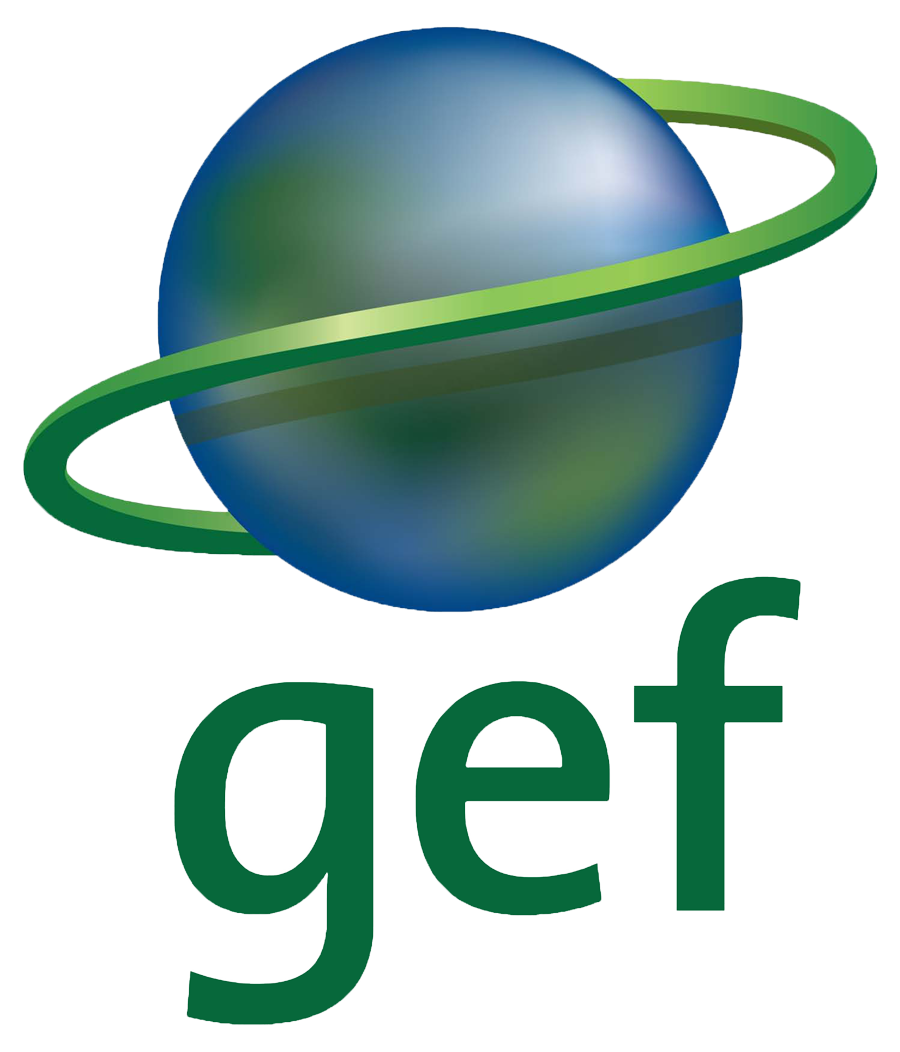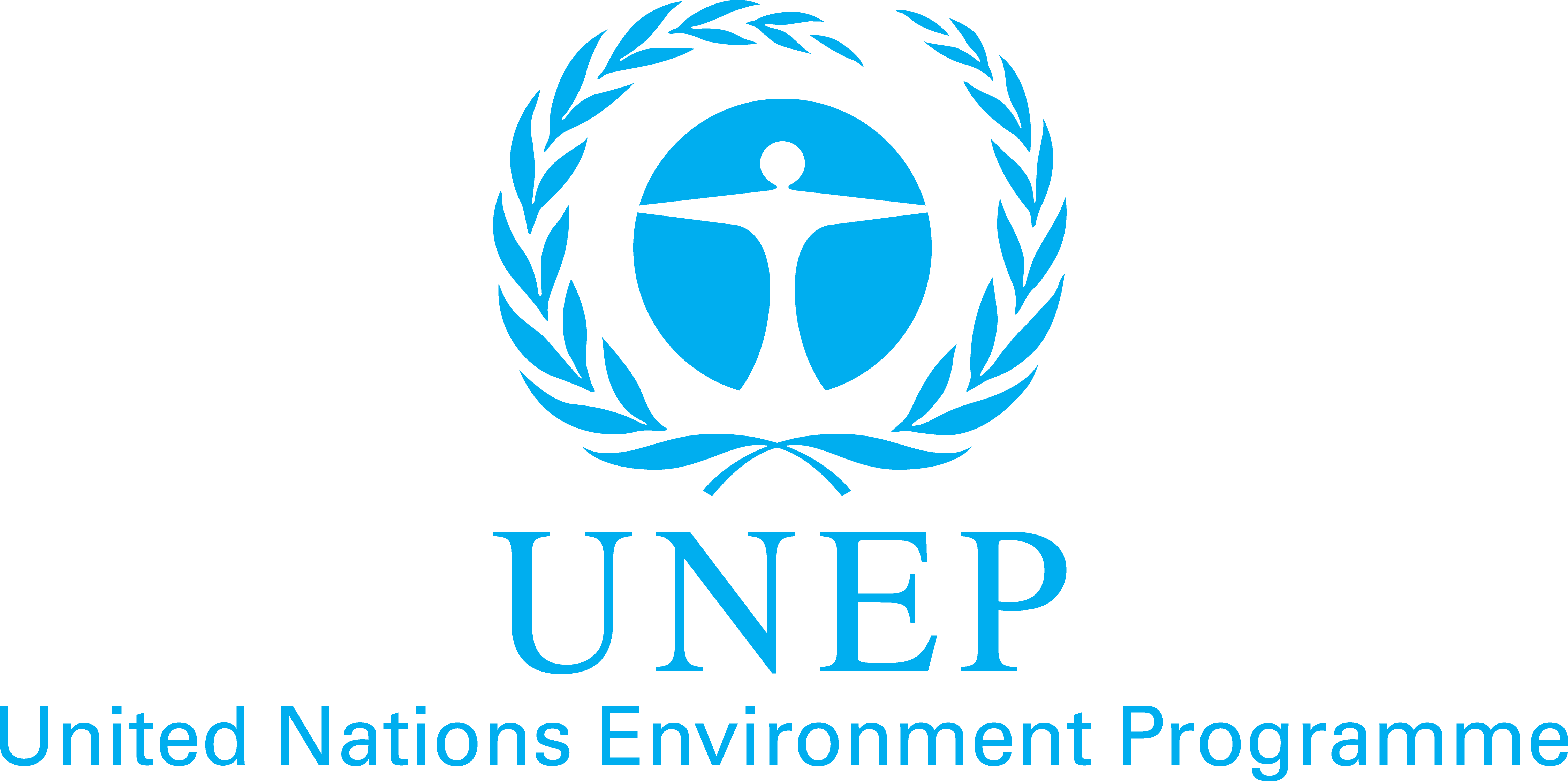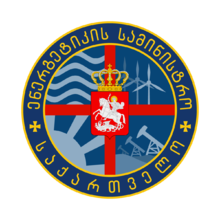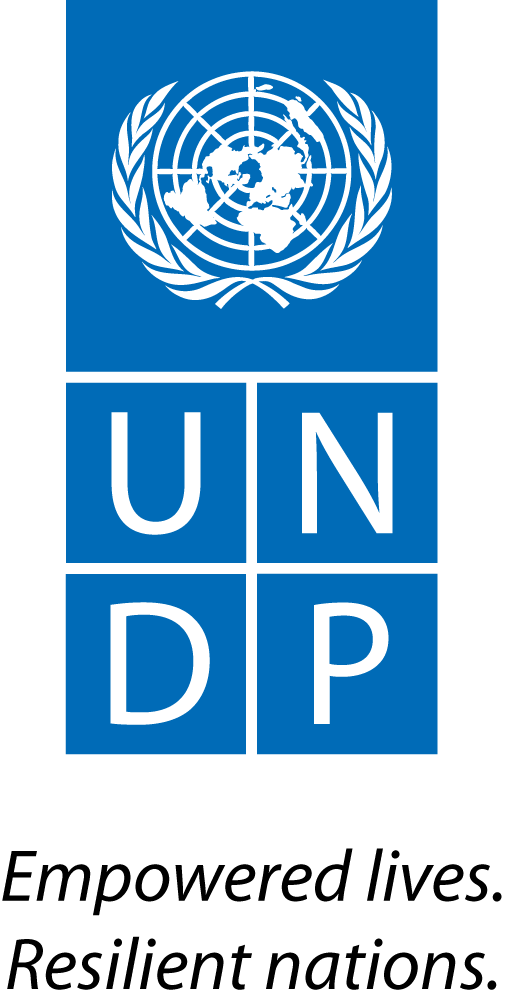Georgia, Moldova, Ukraine, and Romania passed the energy openness "test"
The Energy Transparency Index reveals a ‘short-term pain’ paradox – relatively less transparency in the initial phase of more liberalized energy markets and vice versa.
According to the assessment made in 2021, the final scores for Georgia (61, C), Moldova (55, C-), Ukraine (69, C+), and Romania (80, B+) indicate medium or good transparency of their energy sectors and still a significant room for improvement. However, all the countries assessed (except Romania, which was not evaluated in the 2020 Index) demonstrated overall progress within 2-9 points compared to the 2020 assessment, proving that gradual energy reforms according to the EU legislative requirements, particularly of the Third Energy Package, and the best European and global practices, bring greater transparency to the sector. Besides, international comparison and ranking better incentivize national governments to speed up internal reforms and improve transparency.
Transparency strongly depends on the progress toward liberalization of energy markets and the maturity of legislation and regulation. The intensity of internal reforms towards the EU market model defines the applicable rules and requirements on transparency to public authorities and energy companies. Romania, which took the longest path of reforming its energy markets and ensured their performance within the EU single market, legitimately demonstrated the best results compared to the Eastern Partnership countries and can serve as a benchmark. Unlike Georgia and Moldova, Ukraine has transposed most of the related EU requirements into national legislation; still, the question is its due implementation. Moldova is on its way to liberalizing energy markets, while Georgia – the country which joined the Energy Community later – is only rolling out reforms (therefore, some Index’s indicators could not be yet applied and assessed).
Comparing transparency scores of Moldova and Georgia, one could reveal a ‘short-term pain’ paradox – relatively less transparency in the initial phase of more liberalized energy markets and vice versa. This is caused by the introduction of new competitive market mechanisms along with a bunch of strict legislative requirements regarding transparency, which immature markets could fail to meet in the short term. However, in the long run, as the reforms continue and consolidate, the paradox fades and becomes replaced by the gain of greater energy sector transparency which is the Ukrainian case (related to the pre-war status quo, i.e., before the martial law introduction).
Having that overall transparency headway, countries demonstrated quite controversial results within the Index’s categories and subcategories, showing a partial decline. These results prove that suspension or delay of reforms, weakened accountability, inconsistent focus, or other distractions may impair transparency in particular areas of the energy sector. Regular assessment and analysis are instrumental and critical in pushing for consistent progress of countries’ energy sector transparency.
Georgia: need to improve the energy transparency of public spending and decision-making
Georgia demonstrated excellent performance in the publication of energy statistics; however, it still failed to disclose information on the independence of transmission and distribution system operators (TSOs and DSOs). Georgia could improve energy markets’ transparency by the publication of exhausting data regarding registers of market participants, market concentration, annual reports on the costs of electricity and gas by consumer bands, and full-fledged market monitoring results. The black boxes remained the disclosure of national plans for electricity and gas security of supply, as well as data on the penetration of meters and smart meters in the sector. It could significantly improve corporate transparency by disclosing management reports and reports on payments to the government by energy companies. In terms of policy, it should ensure the development and publication of the national emission reduction plan (NERP), national energy and climate plan (NECP), and progress reports on the implementation of the national energy strategy and national renewable energy action plan (NREAP). Besides, Georgia should drastically improve the transparency of public spending and decision-making of energy-related public authorities.
The Energy Transparency Index provides a comprehensive assessment of the energy sector information disclosure in a particular country.
The international edition is the 2nd comprehensive comparative study to examine energy transparency in Georgia, Moldova, and Ukraine as countries most advanced in European integration among the Eastern Partnership nations and to measure the progress compared to the 1st international edition of the Index of 2020. This study also covers the EU member Romania, considered an appropriate benchmark for the Energy Community countries.
This study was made by DiXi Group experts (Ukraine) in cooperation with partners Expert Forum (Romania), World Experience for Georgia (Georgia), WatchDog.MD (Moldova).
The publication was produced with the financial support of the European Union within the framework of “Strengthening transparency of the energy sector in the Black Sea region” project
The study report is available here
This publication was produced with the financial support of the European Union within the framework of “Strengthening transparency of the energy sector in the Black Sea region” project.
The project is implemented by DiXi Group (Ukraine) in cooperation with Watchog.MD (Moldova), World Experience for Georgia (Georgia), Expert Forum (Romania).
Its contents are the sole responsibility of Dixi Group and do not necessarily reflect the views of the European Union.
Opinions expressed in this publication do not necessarily represent those of the Black Sea Trust or its partners.

































